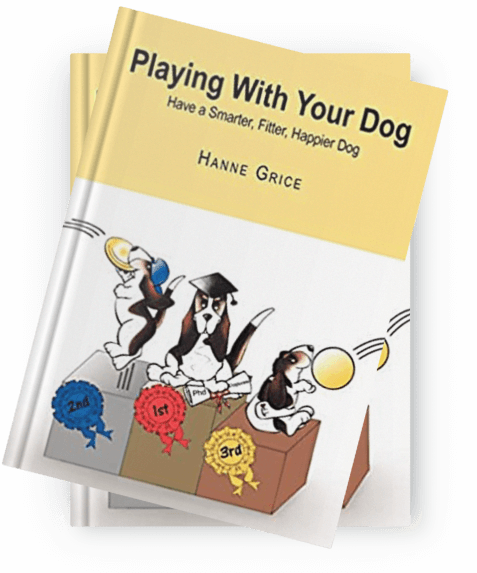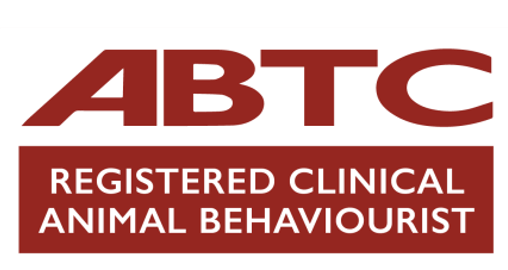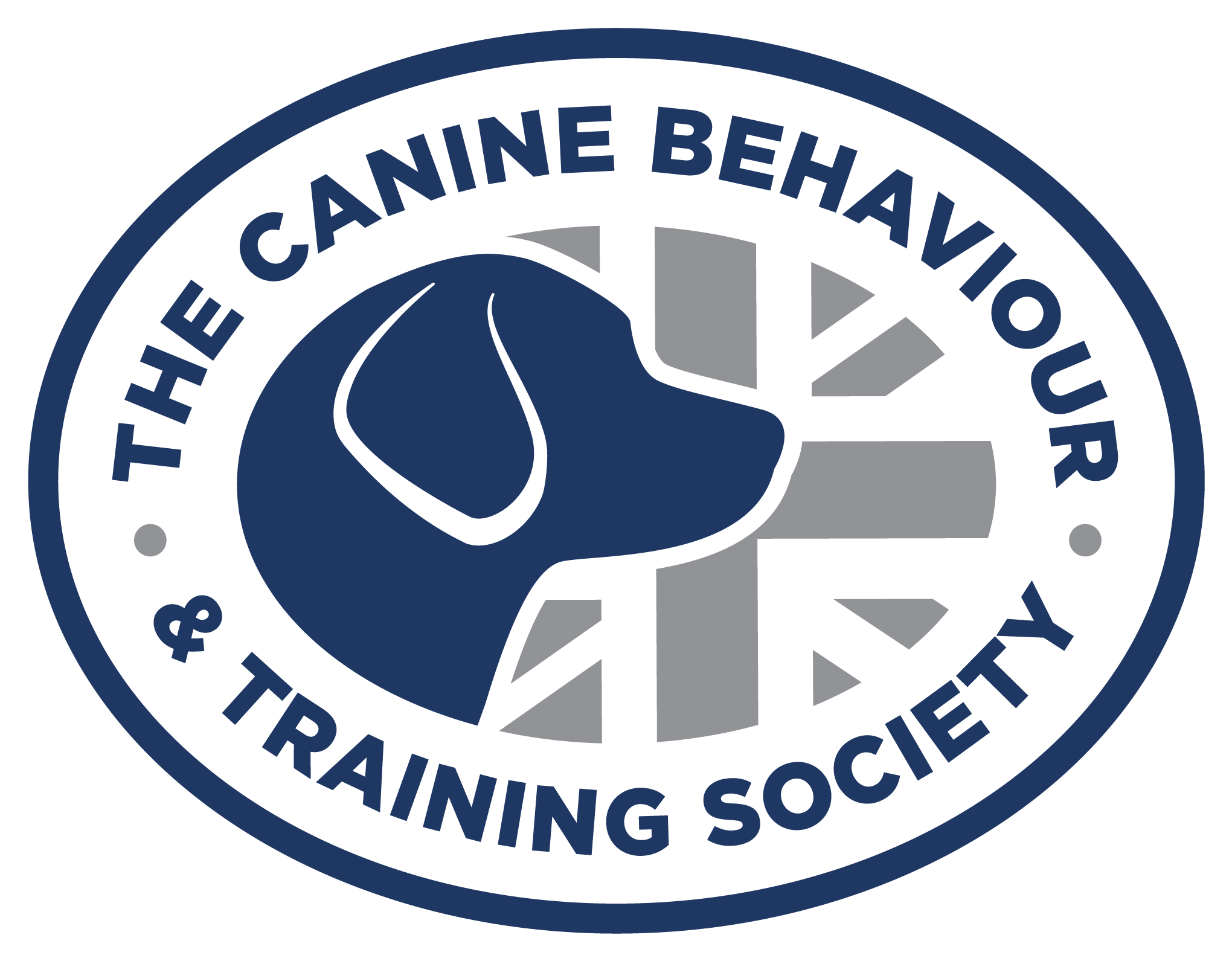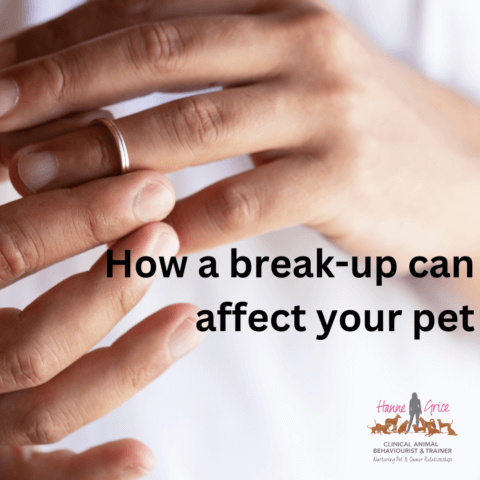
According to the Office of National Statistics around 42% of marriages in England and Wales end in divorce. With an estimated 12 million (46% of) households owning pets, it’s likely that a number of these animals will be impacted when a relationship breaks-down. Of all the species, John Wright, a Professor of Psychology at Mercer University and certified animal behaviourist, cites dogs and cats as being the most “sensitive to these changes”.
Sensing trouble
While most of us are capable of reading the emotional states of others, studies have shown that these abilities vary among individuals – and it’s the same for our pets. Dogs are highly social creatures and spend many hours, typically inside our homes, watching us going about our day-to-day lives. However, if there is any change in the status quo or an owner’s emotions, dogs can quickly dial into this. Research has shown that dogs can detect when we are happy or sad, stressed or ecstatic. Such give-aways can include; stress hormones and/or other chemical changes in our body which are detected by the dog’s impressive scenting system, as well as alterations in our voice (tone, pitch and volume), body language cues, gestures and facial expressions.
Often when couples split this can also result in a change of location. With separation and moving home being two of the most common causes of stress for us humans, it follows that our four-legged friends will be affected, even if they appear ‘fine’. Dr Ilana Reisner, a veterinary behaviourist, says: “When clients describe their dogs’ reactions to different stimuli they often will use the words “calm” or “fine” to explain quiet behaviour. Stillness and quiet are easier to manage than reactivity and aggression, but dogs showing either extreme can be equally stressed.” (See more in my article Stress – what you can’t see).
Pets as pawns
Couples may fight for custody of their children and this can happen with pets too. So who gets to keep the dog after the divorce?
Unfortunately, pets can sometimes be used as pawns when there is a break-down in a relationship. In the eyes of UK law, dogs are property. While some may suggest it makes sense for a dog to stay in the home where the children will spend the majority of time (the belief being that this provides stability and emotional security for the children), it might not be the most suitable environment for the family pet. Tracey Jackson, from Couper Geysen Family and Animals Law based in the United States of America, recently discussed the case of a divorcing couple where, due to the nature of the husband’s work, the dog used to spend the majority of his time outdoors and socialising with other dogs. After the split the dog stayed with the wife, this had a significant impact to the dog’s physical and mental well-being, Tracey says: “The dog didn’t get to enjoy the quality of life he was used to.”
Dogs are creatures of habit, routine is important as it provides Fido with security and gives comfort. However, some dogs may find it harder to accept a change of routine than others – this can be especially hard for older dogs when faced with the upheaval that can come with divorce. Anuradha Sawhney, Head of Indian Operations of People for the Ethical Treatment of Animals (PETA), says: “Often couples mutually agree to let the one who cares for the pet the most keep it.” Yet in one case Sawhney dealt with neither party could agree, resulting in the dog being surrendered for adoption. Sawhney says this was “an ego issue” as neither individual wanted the dog to stay with the other.
It’s my personal opinion that every break-up is unique to those involved; so the circumstances, including what happens to the dog, has to be taken on a case-by-case basis. While giving up a pet for adoption may be the only option for some, often owners will do their level best to provide stability for their four-legged friend. When it comes to who keeps the dog, factors you may want to consider are;
• Who is the primary caretaker? This is the person that walks, plays, trains, feeds and grooms the dog, makes sure Fido is up-to-date on all his vaccinations, arranges and pays for the pet’s necessities and activities, and sorts out pet care in the family’s absence and so on.
• Take into account what both your working schedules, living and financial situations are likely to be after the break-up. This will help determine who can better accommodate the dog.
5 Tips on how to minimise the pet’s stress
Below are just a few suggestions divorcing pet parents may find helpful.
- Keep to your dog’s usual routine as much as possible. This includes; what time he wakes, is fed, plays, goes for walks, the people/places/other dogs or species he regularly interacts with, as well as the time he goes to sleep.
- If you have to move home, make frequent visits to the new area and, if possible, the new property ahead of the move. Ensure all visits are positive ones; introduce your dog to these new surroundings at his pace, have plenty of tasty treats/favourite toys with you – play, walk and train in this new area to help your dog adjust, feel more secure and have a good association with the new location. See our webcast on moving house for further tips.
- If your dog shows any signs of upset, see your vet. Firstly, when there is any change in your pet’s behaviour a thorough check-up is needed to rule out any physical cause. This is by no means an exhaustive list but changes may include; the dog going off his food, becoming lethargic – no longer wanting to go for a walk or engage in play, spending more time in his bed, following the owner around or laying close by and, in some cases, the dog may have very loose stools or diarrhoea, persistently lick himself, as well as elicit other signs of unease or a complete lack of signals.
- Keep the tough talk away from little ones. Situations can quickly flare up when emotions are raw. Unfortunately, this can often lead to arguments. Just like children, dogs and cats are especially sensitive to stressful situations, so focus on remaining calm. Keep interactions positive ones while children and/or fur-babies are around. Save the more challenging conservations with your ex-partner when the little ones are absent. A great help with this is involving an independent party such as a mediator to keep discussions on-track and civilised.
- Let your pet help you and you’ll help your pet. Studies show that when we look into the eyes of our dog or stroke him, oxytocin is released. This “love hormone” plays a key role in the formation of maternal bonds and other powerful social attachments. Furthermore, stroking our pet lowers our heart rate and blood pressure, and taking regular walks in the great outdoors with Fido can blow away the cob-webs and help you feel more engerised. Do take time out in your day for some real quality one-on-one time with your pet, after all it’s good for both of you.
When I faced a traumatic split a number of years ago, my life was unexpectedly turned upside down. I came up with these rules and stuck to them. It was hard at times but having a plan to work to minimised the impact on my animals. In turn, my four-legged friends helped me get through the toughest of times, something I will always be thankful for.
Source:
Office of National Statistics, Divorce in the UK, March 2016.
Pet Food Manufacturer’s Association, Pet Population Report 2015.
Olmert, M.D., “Dog Good – The latest on the biology of the human-animal bond” Psychology Today, May 2010.
Learn more about our classes
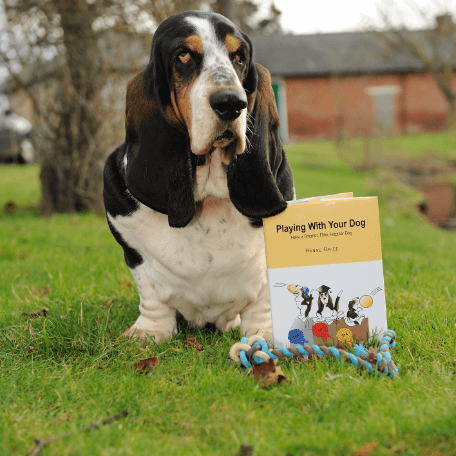
Get Hanne's Book
Playing With Your Dog will help any dog owner work out the games that are best suited for their pet to play throughout his life, from puppyhood to old age. The book also shares some tricks for all ages, group activities, and recommended toys that dogs will enjoy.
